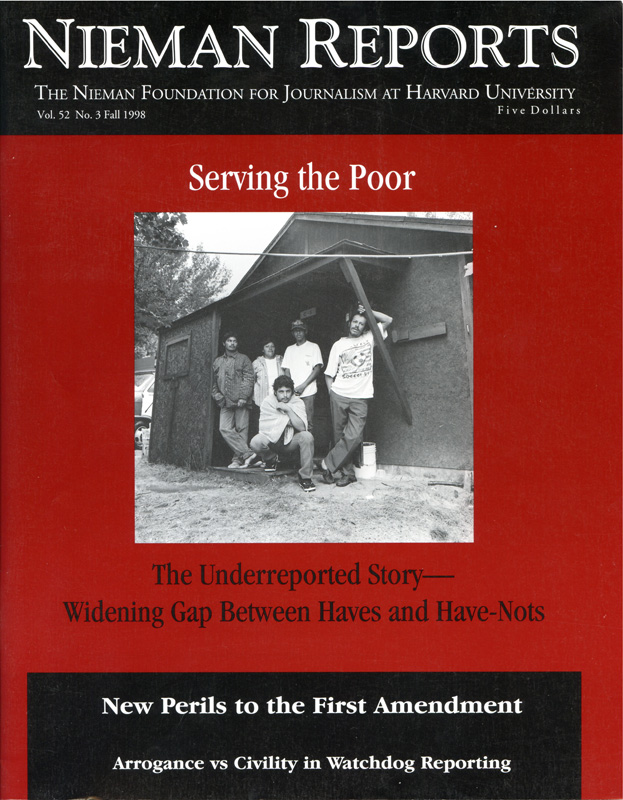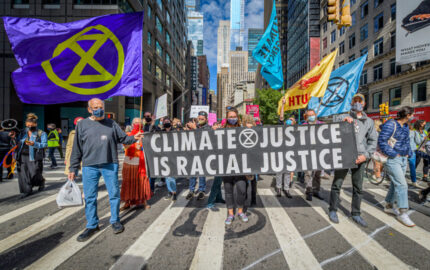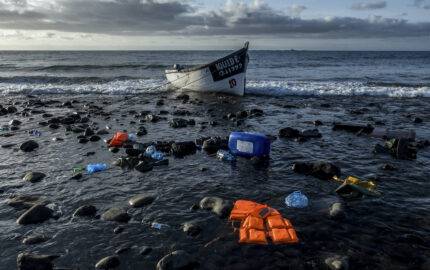RELATED ARTICLES
1. National Security
2. State and Local Government
3. Economics
4. Nonprofit OrganizationsOn the eve of the 21st Century, a new challenge faces journalism, which concerns itself with democratic interests of the country and requires the
development of new concepts and new tools for the new circumstances. The combined impacts of the dominance of the free market—of free market capitalism, digital and satellite technology, the potential for global commerce and journalism on the World Wide Web—have all led to massive and dislocating social, political and economic changes. Among the changes that are of interest to our work here today are the devolution of authority to state and local levels of government, deregulation of economic power, privatization of public services to private institutions and nonprofit institutions, the reordering of the economic organization of news companies in part responsible for the disappearance of foreign news and much of America’s news reports, and a reordering of news agendas.
The four panels [at this conference] are designed to touch on those issues—national security, state and local government, economics and nonprofit organizations.
 Bill Kovach, Nieman Foundation Curator, speaking at the first Watchdog Conference, May 2, 1998.
Bill Kovach, Nieman Foundation Curator, speaking at the first Watchdog Conference, May 2, 1998.
1. National Security
2. State and Local Government
3. Economics
4. Nonprofit OrganizationsOn the eve of the 21st Century, a new challenge faces journalism, which concerns itself with democratic interests of the country and requires the
development of new concepts and new tools for the new circumstances. The combined impacts of the dominance of the free market—of free market capitalism, digital and satellite technology, the potential for global commerce and journalism on the World Wide Web—have all led to massive and dislocating social, political and economic changes. Among the changes that are of interest to our work here today are the devolution of authority to state and local levels of government, deregulation of economic power, privatization of public services to private institutions and nonprofit institutions, the reordering of the economic organization of news companies in part responsible for the disappearance of foreign news and much of America’s news reports, and a reordering of news agendas.
The four panels [at this conference] are designed to touch on those issues—national security, state and local government, economics and nonprofit organizations.
 Bill Kovach, Nieman Foundation Curator, speaking at the first Watchdog Conference, May 2, 1998.
Bill Kovach, Nieman Foundation Curator, speaking at the first Watchdog Conference, May 2, 1998.



